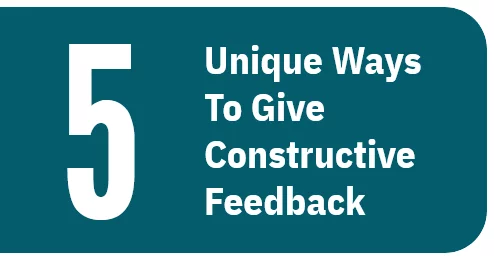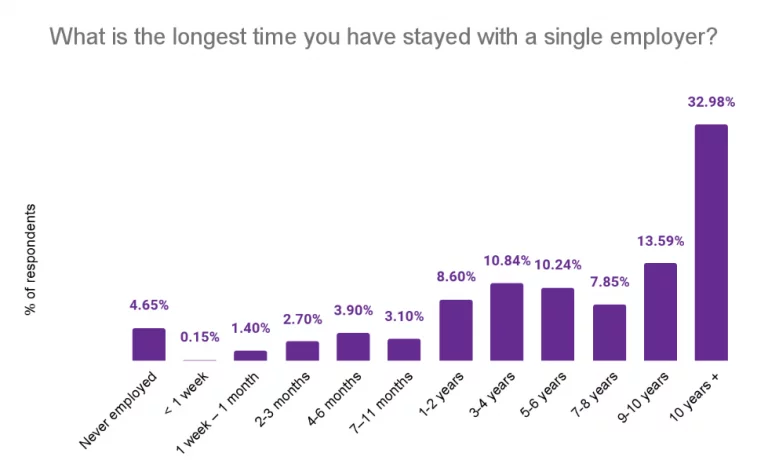
How To Say No Without Saying No [3 Easy Ways with Examples]
As a manager, you have to learn to say “No”.
But being harsh isn’t the only way to go about it.
‘No’ is a direct and blunt word, which can kill motivation if used at the wrong time.
Learning to be an assertive manager is all about finesse, and this is the place to start.
So how can you say no, without saying no?
1. Stall
“Let me think about it and come back to you.”
This strategy is really about winning you time.
By saying this you allow yourself time to think, then you can respond when you are prepared.
When put on the spot, most people reflexively say yes to requests.
By stalling, you just give yourself the time to make a properly informed decision.
If you decide to say no after that, then keep reading on!
2. Schedule
“It’s a great idea, but I won’t be able to start it until …”
This answer avoids being a direct ‘No’ but in effect is one.
By scheduling their request for when you have more time, you get two outcomes.
Either they are happy to wait and the immediate pressure is off.
Or they aren’t happy to wait then and will find someone else.
For both parties, this is a win win! They will understand that you are busy at the moment
Either way you have been as considerate as your position allows, and people will appreciate that.
3. Redirect
“I could help you out with …”
If someone requests something you cannot do, then offer to help with the tools you do have.
For example:
Maybe you can inform their approach to a task without needing to know specifics of a software.
By implication, you’re saying ‘No’ to their request, but you’re also responding helpfully.
It means that you can cherry-pick the part of the task that you will be responsible for.
If they really need specific help then they will just have to find someone else!

Being An Assertive Manager
Being able to say no is very important to being an assertive manager.
Combining saying no at the right time with the methods above will get the most out of your employees.
Saying no shows confidence to set clear boundaries when necessary.
And people will appreciate your finesse when you work around the word no!
Conclusion
So now you can say no, without saying no!
Being a good manager means being respectful of your employees.
If you are harsh and blunt, people will become less motivated as time goes on.
The last thing you want is people not even bothering to ask you things!



